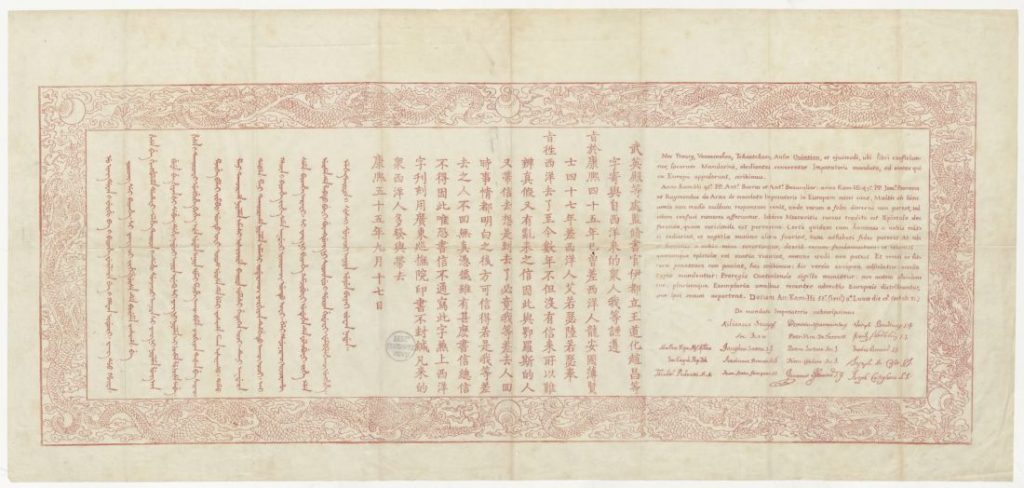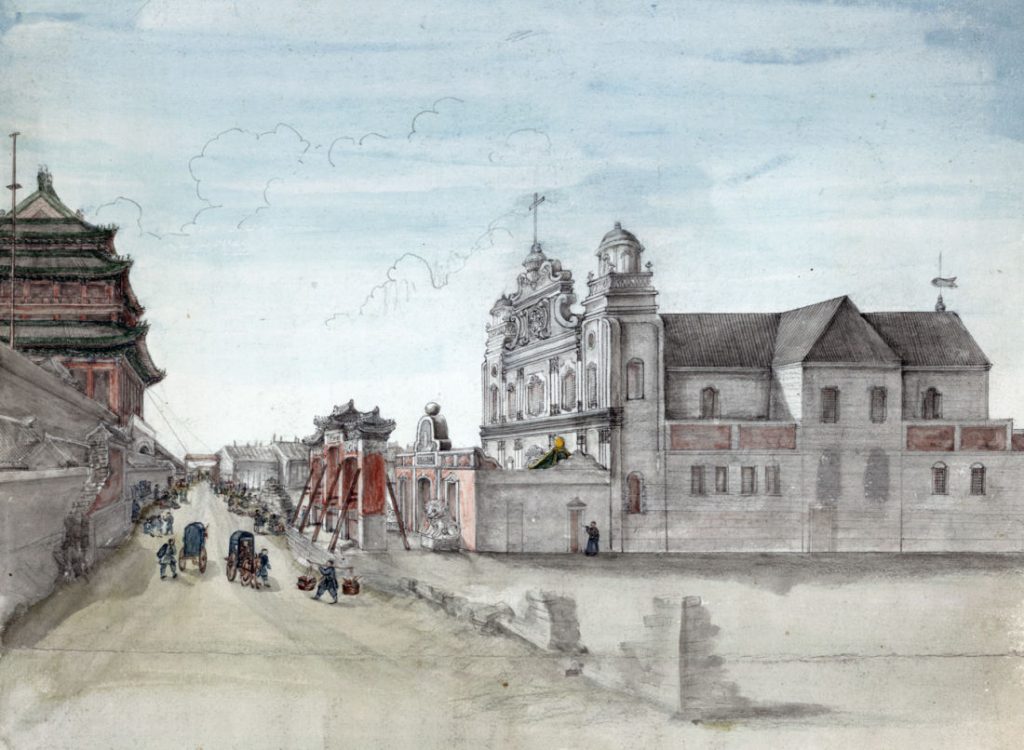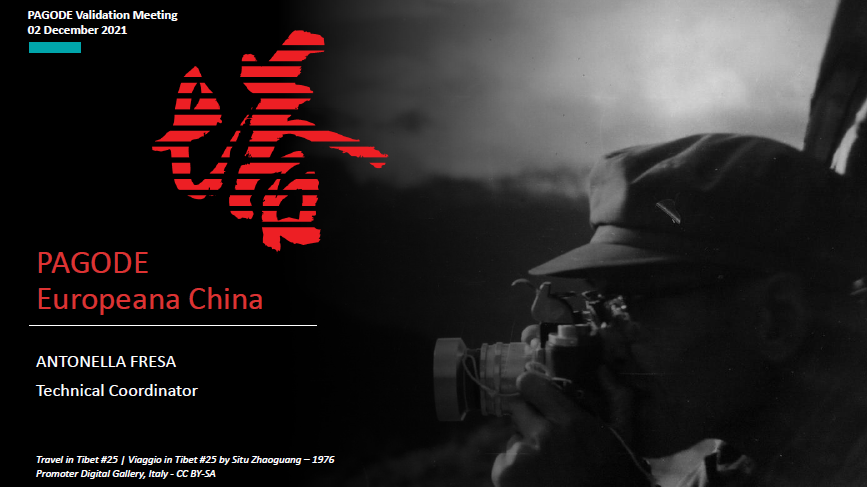On the 2nd December 2021, the validation meeting of project PAGODE – Europeana China took place with participation of HaDEA Project Officer Ms. Kyriaki Tragouda and representatives of European Commission DG CNECT Ms. Katerina Moutogianni and Mr. Fulgencio Sanmartín.
The validation meeting has the scope to assess the correct and complete achievement of the project’s objectives. All project partners were invited in the meeting, together with a number of colleagues from Europeana’s various areas, to present to the reviewers all the work done across the project’s activities to improve, enrich and enhance user experience with Europeana content.
After the welcomes, the validation meeting started with a extensive presentation by the Technical Coordinator Antonella Fresa, who described on behalf of the various activity and task leaders the work done in the content selection and annotation, semantic curation and digitization, content quality and enrichment, Europeana editorials and all the promotional effort.
A particular attention was dedicated to highlight the very good outcomes in the interaction and collaboration established between Europeana Aggregators, that enabled collections coming from different sources and providers come together via different aggregation routes for being published on Europeana portal. An additional layer in the interaction with colleague Europeana Aggregators is the collection and sharing of good practice and guidelines that sprang from PAGODE experience, also illustrated in a nice workshop on building an aggregation value chain presented during the Europeana Aggregators fair 2021.
Another topic of extensive discussion was that of metadata enrichments, and PAGODE partners together with Europeana team described the process of creation, validation and publication of both crowdsourced and automatic enrichments. This activity took place with various actions across the project’s timeframe, and eventually delivered to Europeana collections ca. 27.000 additional metadata of both highly specialized and more general information, thus enriching existing collections with more keywords sourced from the community.
A well deserved spot in the validation meeting was reserved to the Europeana editorials and particularly to the creation of a thematic Feature Page, of the virtual exhibition China in Perspective, and of course to the concluding dissemination items of the project: the PAGODE Digital Festival, the Final Conference and the PAGODE book.
image: PAGODE project
PAGODE – Europeana China is co-financed by the Connecting Europe Facility Programme of the European Union, under GA n. INEA/CEF/ICT/A2019/1931839



